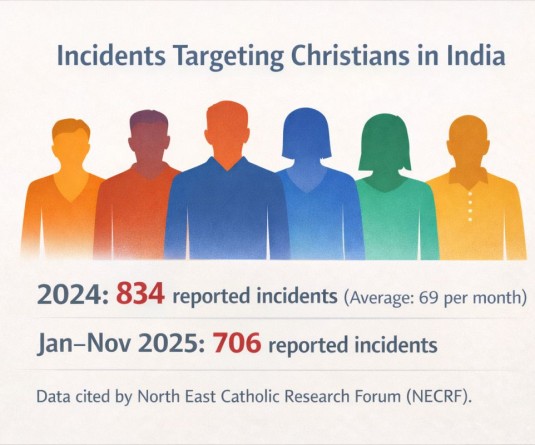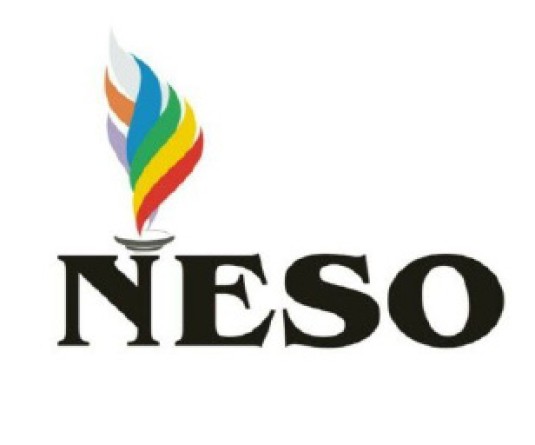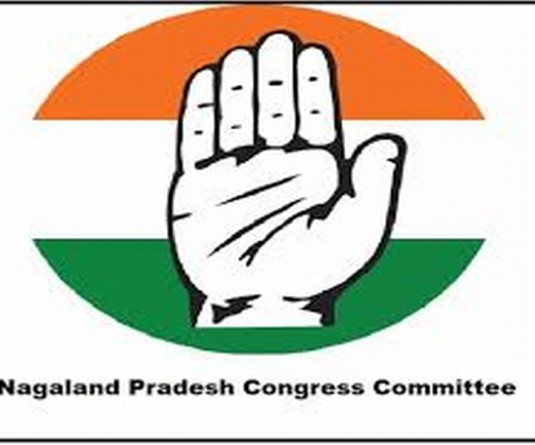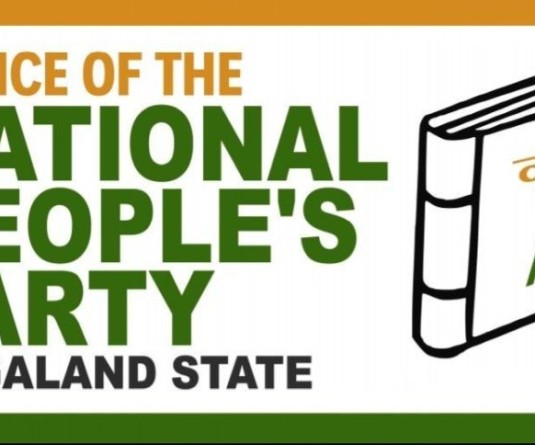Nagaland DGP Rupin Sharma addresses a Rotary event in Dimapur on July 6. (Morung Photo)
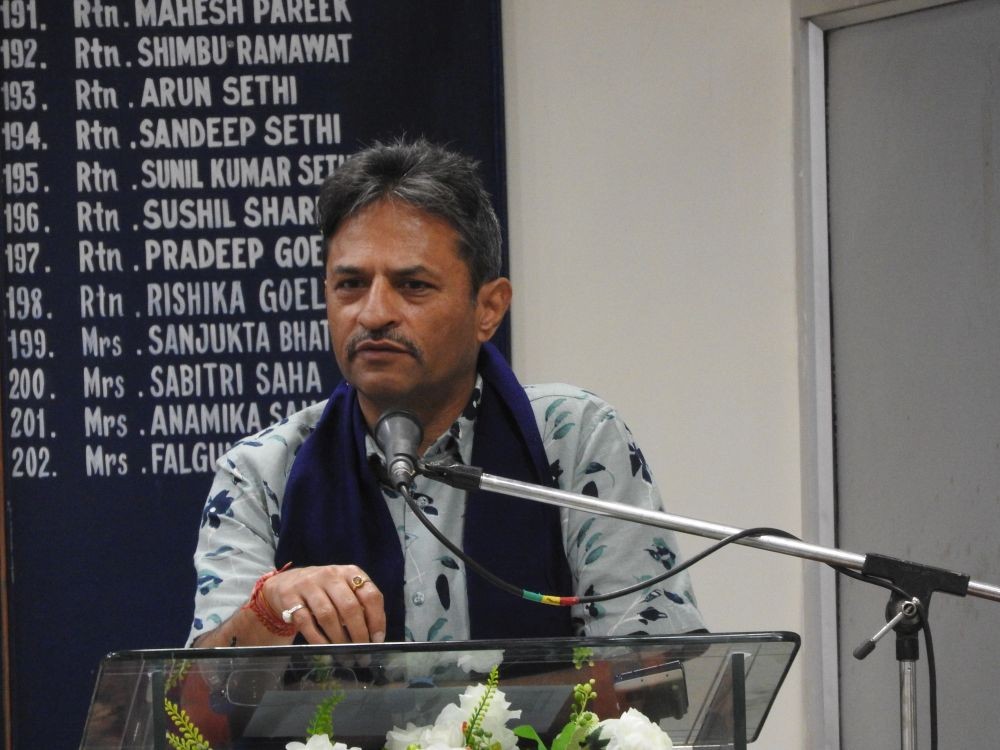
Morung Express News
Dimapur | July 6
Nagaland Director General of Police (DGP) Rupin Sharma cited a perceived lack of coordination among stakeholders as a key impediment in combating drug abuse in the state. Speaking at a Rotary event in Dimapur on July 6, Sharma said that the state has an alarming prevalence of substance abuse, ranking it among the most pressing issues in the region, alongside Manipur and Mizoram.
The event was the 54th presidential installation ceremony of the Rotary Club, Dimapur chapter. Pankaj Modi was elected President for the 2025-26 tenure, taking over from Manoj Bhattacharjee.
While lack of coordination among key stakeholders — government agencies, NGOs, and civil society organisations — was one, he added interventional psychological health services is another area where the state falls short. According to him, a supposedly compartmentalised approach is not helping the situation.
He raised concerns about a blurring of lines between legitimate fines and potential extortion when tackling drug-related activities, hinting at a lack of clarity and potential corruption within the existing system.
Beyond enforcement challenges, he alluded to counselling services becoming “sermonising” affairs. According to him, the existing counselling services lack the specialised psychological support needed to address the root causes of addiction.
This is one gap where NGOs like the Rotary Club can play a role, he said, prioritising the development of professional mental health counseling programmes within the state, and potentially partnering with experts from outside. “We need trained psychologists and counselors who can effectively engage with addicts,” Sharma stated, suggesting that experts from outside may be better equipped to gain trust and elicit honest information from those struggling with addiction.
The DGP also revealed stark data regarding the limited capacity of the existing drug detoxification and rehabilitation infrastructure. With an estimated 5 percent of Nagaland's population (roughly 100,000 people) struggling with drug addiction, he held that the existing ‘detox and rehab’ centres can accommodate not more than 3000 individuals per year.
While stating that the “war on drugs cannot be fought with one hand,” Sharma called on citizens, civil society organizations, and institutions like Rotary to become equal partners in tackling the growing drug menace.


